The Greeks of Ukraine this year again celebrate Easter in Greece, not being able to return to their homes in Mariupol, but not forgetting the traditions of the Greeks of the Black Sea region.
Nadya Tsapni, president of the Mariupol Greek Culture Center “Meotida” says:
“We hoped that we would be at our homes in Mariupol for Easter this year, but unfortunately the war is not over yet and we are stuck for another year in Greece.”
She has been in Thessaloniki for almost a year now, along with other Ukrainian refugees. Greeks from Ukraine are preparing for Easter both with joy and sadness, but with their centuries-old traditions. They remember with nostalgia the peaceful Easter of yesteryear, and this year, as in the past, they are trying to revive some of their customs in traditional products such as “psafiri” (Ψαθυρί) – the custom of the traditional Easter bread in the shape of a cross.
PhD in Philosophy Margarita Arantsioni, historian, researcher at the Institute of Oriental Studies of the National Academy of Sciences of Ukraine, explains:
“Both the recipe and the custom were forgotten, but we brought them back many years ago.”
She is in Thessaloniki as a refugee and presents the culture of the Greeks of her Marioupolis, as a unique culture of the historical Greek diaspora of the Black Sea, through a series of lectures that she regularly organizes.
At the office of the Association of Ukrainian Greeks in Greece, Ms. Arantsioni offered on April 6 a demonstration of making Psafiri Easter bun and Artu/Artu bread:
“This is a ritual Easter bread that the Greeks baked on Maundy Thursday in the Greek villages of the Mariupol region. Psafir is a special bread made from sweet dough with weaving reminiscent of the crown of thorns of Jesus Christ. Another bread, which we call Artu (from the word “bread”), with five red eggs baked in dough inside, is cut on the second day of Easter in memory of the dead. Ukrainian Greeks bake Arta after Easter in memory of the dead and for the fertility of people, fields and animals.”
The president of the Greek association of Kyiv “Enotita” Nina Pascal has also been in Thessaloniki since the beginning of the war. She recalls:
“We baked Easter buns on Maundy Wednesday and Maundy Thursday, dyed eggs. Our grandmother kept a strict fast and didn’t let us touch buns and eggs until Easter Sunday.”
Margarita Arantsioni continues, talking about the traditions intertwined with the religious rites of the Greeks of the Sea of u200bu200bAzov, which have their roots in ancient times:
“And the third bread is mouse-shaped bread. We bake Azofiki twenty-five days after Easter for the Pontikistria holiday, which is associated with the agricultural tradition that existed in the culture of the Greeks of Mariupol to protect the fields from mice and various insects that damaged young shoots. Only women and small children took part in the ceremony. They went into the fields, threw in little pieces of “mouse” bread, and “feed” real mice so they wouldn’t spoil the fields. If there was no rain for a long time, they baked “mice” and made a special request to God to send rain.”
The workshops presented by Margherita Arancioni are the result of research in Greek villages that she conducted from 1992 to 1995. Also, part of the photographic material that she used in her lecture was from the Museum of History and Local Lore of Mariupol:
“The museum burned down last year during the bombing, fortunately I was able to scan these photos, which refer to the Easter of the Azov Greeks in 1927!”
At the master classes, a comparison was made with the Greek tradition of Easter buns in today’s Greece. Ms Arazioni says, quotes newsbeast.gr:
“I proved that, although we have much in common, the Greeks of Azov or Mariupol, as we say, are a special historical Greek diaspora, with features that distinguish us from the Greeks of Pontus and Thrace.”
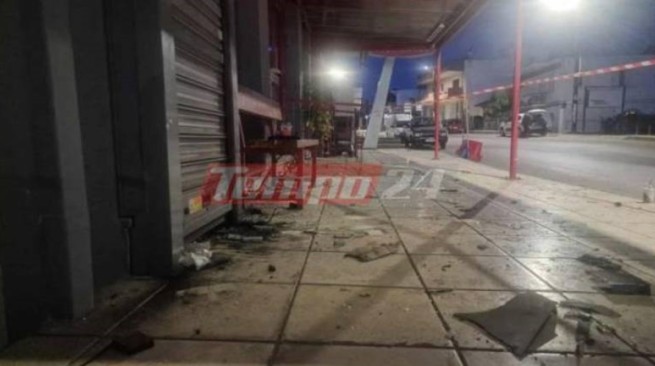
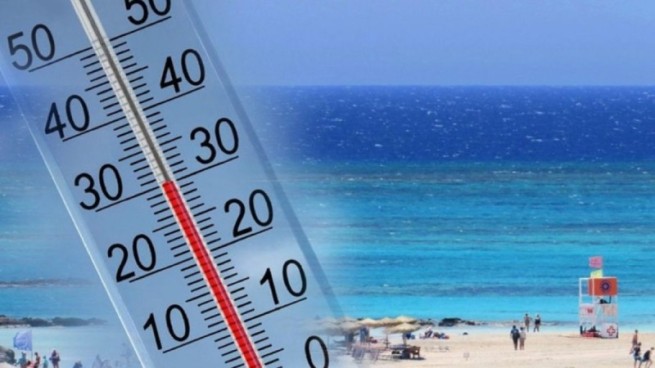
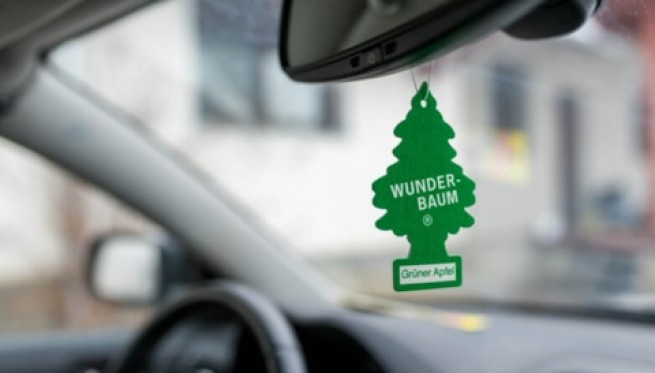
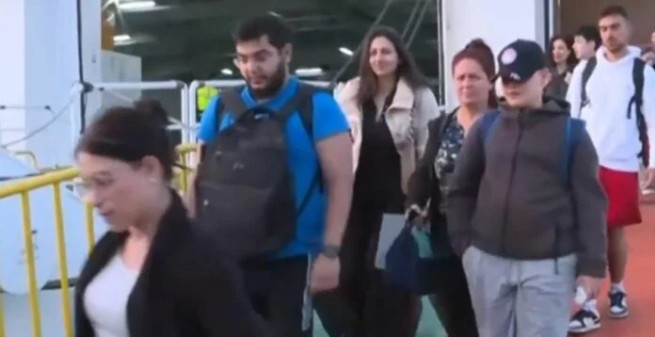

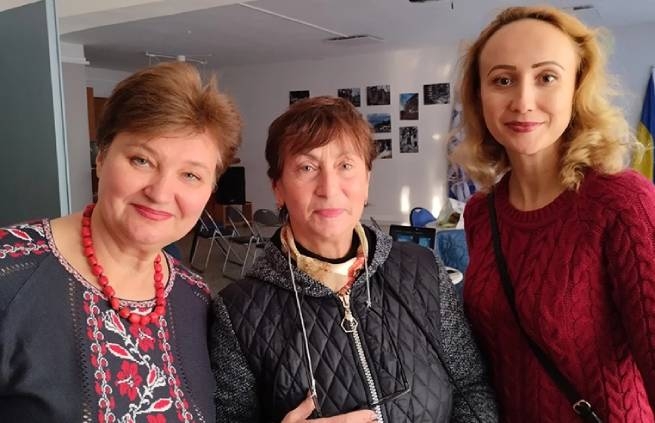

More Stories
Large-scale raids in Britain, the first illegal immigrants are detained for sending to Rwanda (video)
UK: controversial bill on deportation of migrants to Rwanda passed
Chaos in Paris due to Afghan demonstration